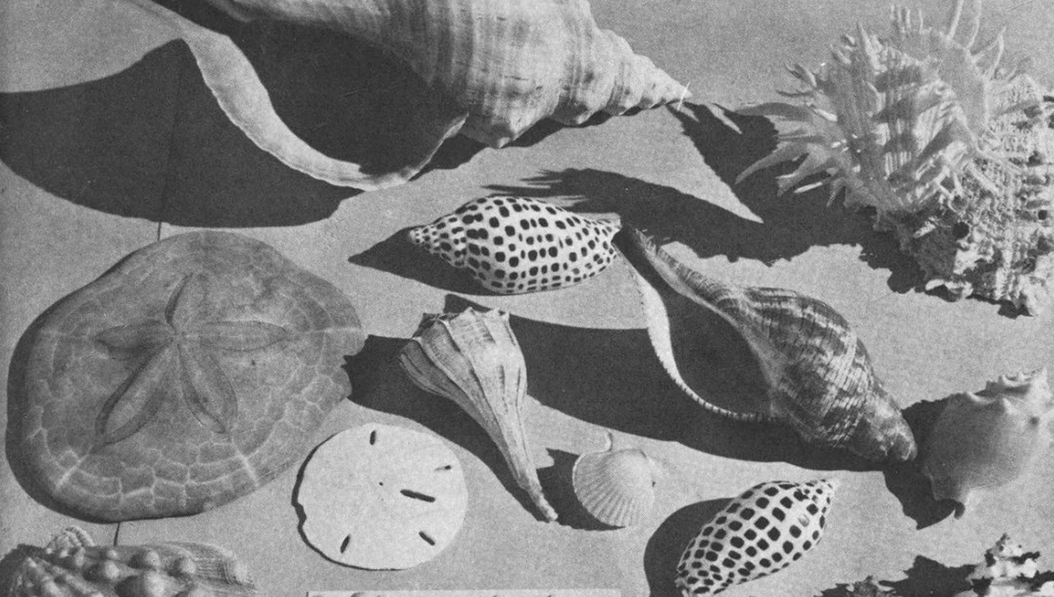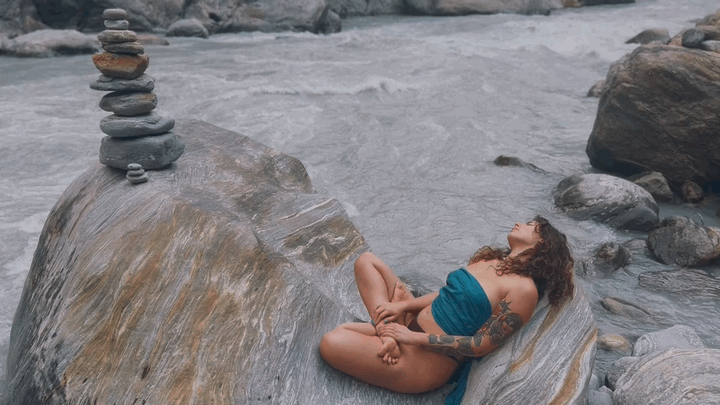
Oh fuck. Yeah sure, I love trekking. I've done few camping hikes. I thought this "trek" was gonna be up to my endurance levels. Annapurna Circuit is NOT a trek. It is a 21 day pact with the stunning but diabolic Himalayan mountains. Small print reads: This trek has nothing to do with physical endurance.
Preparation levels: zero. We took a local bus from Pokhara, rocked up looking like freaks to this shithole town called Besisahar, and asked people "Annapurna?" and followed their signs. And we literally, started walking into the Himalayas.
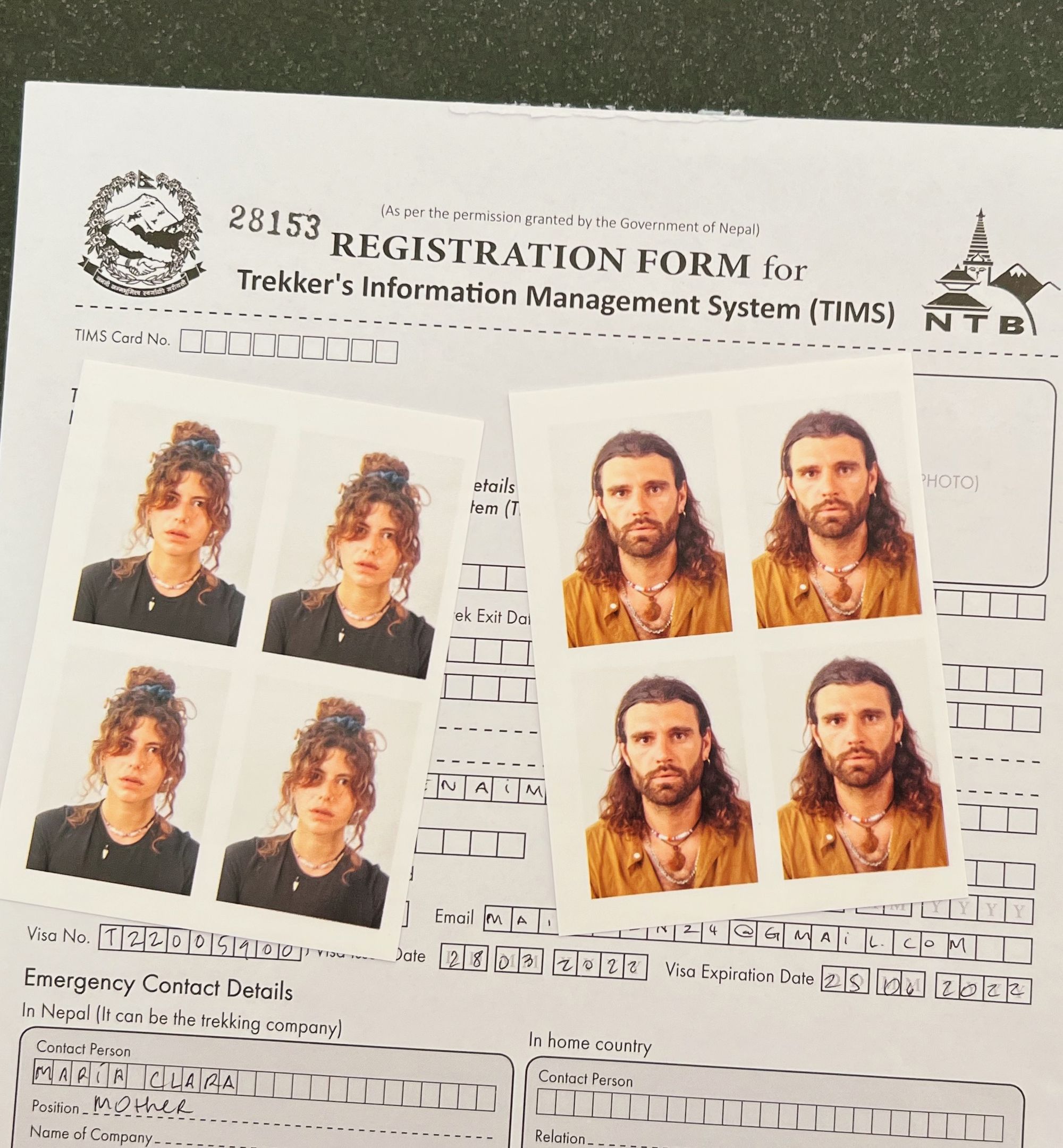
We've been following this map that we found at the place we got our trekking permits, and that's pretty much our m.o. Very misleading red and white signs along the trail have been kinda helpful, but this trek is as RAW as it gets.
We see no one, we wake up at 5 am and walk 10+ km every single day. We walk until we get to the next town, look for a guesthouse that looks charming, and sleep there. We spend all day reading, working, writing. We rise, we start walking. We feel content, we laugh a lot. Energized but exhausted. Of course, following with the duality thematics of this trip. (this life!!).
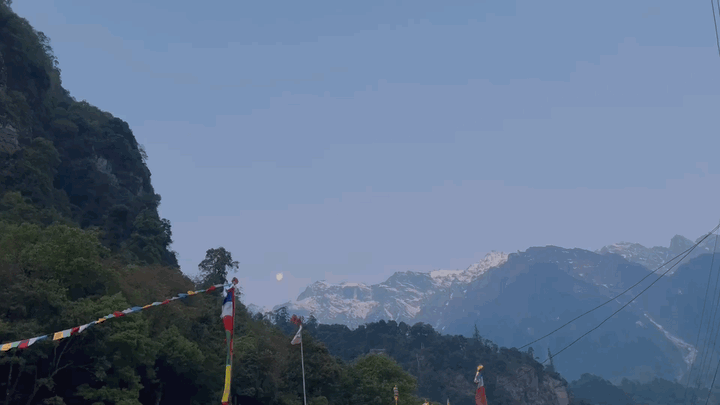
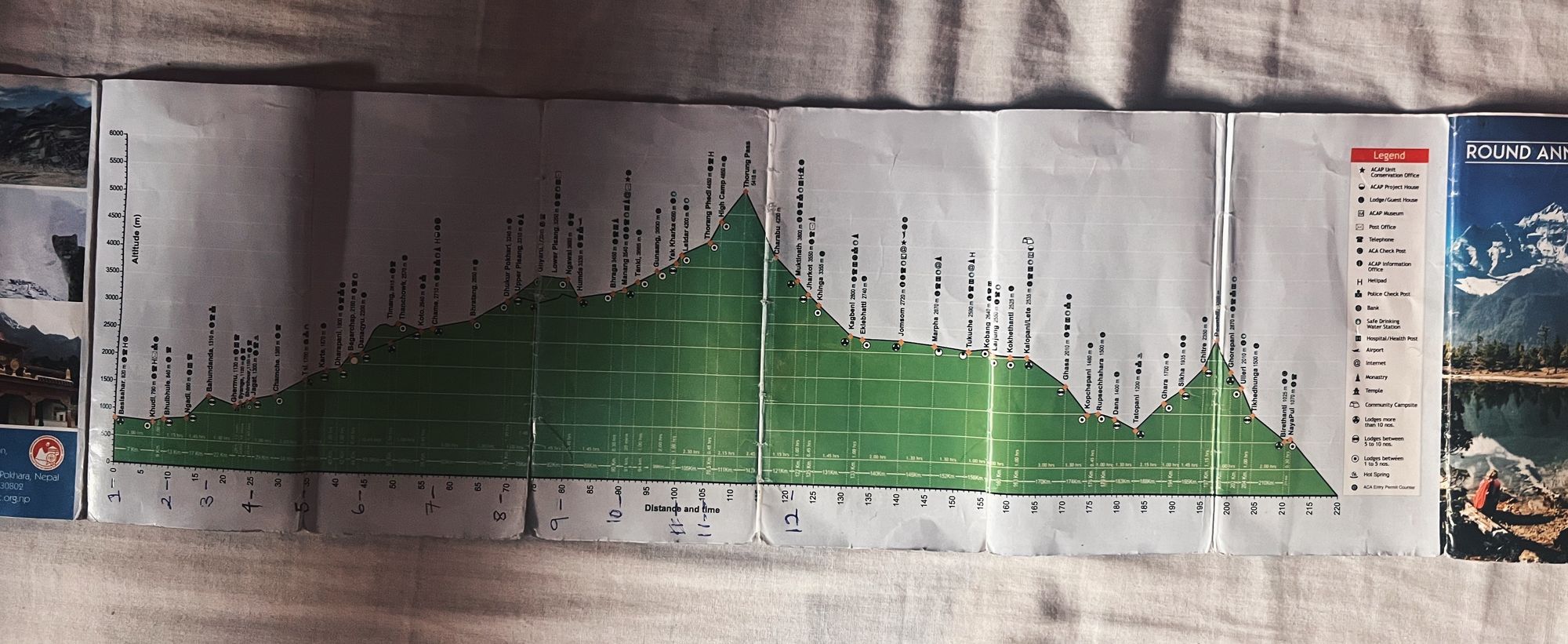
The Nepalese and Tibetan mountain life
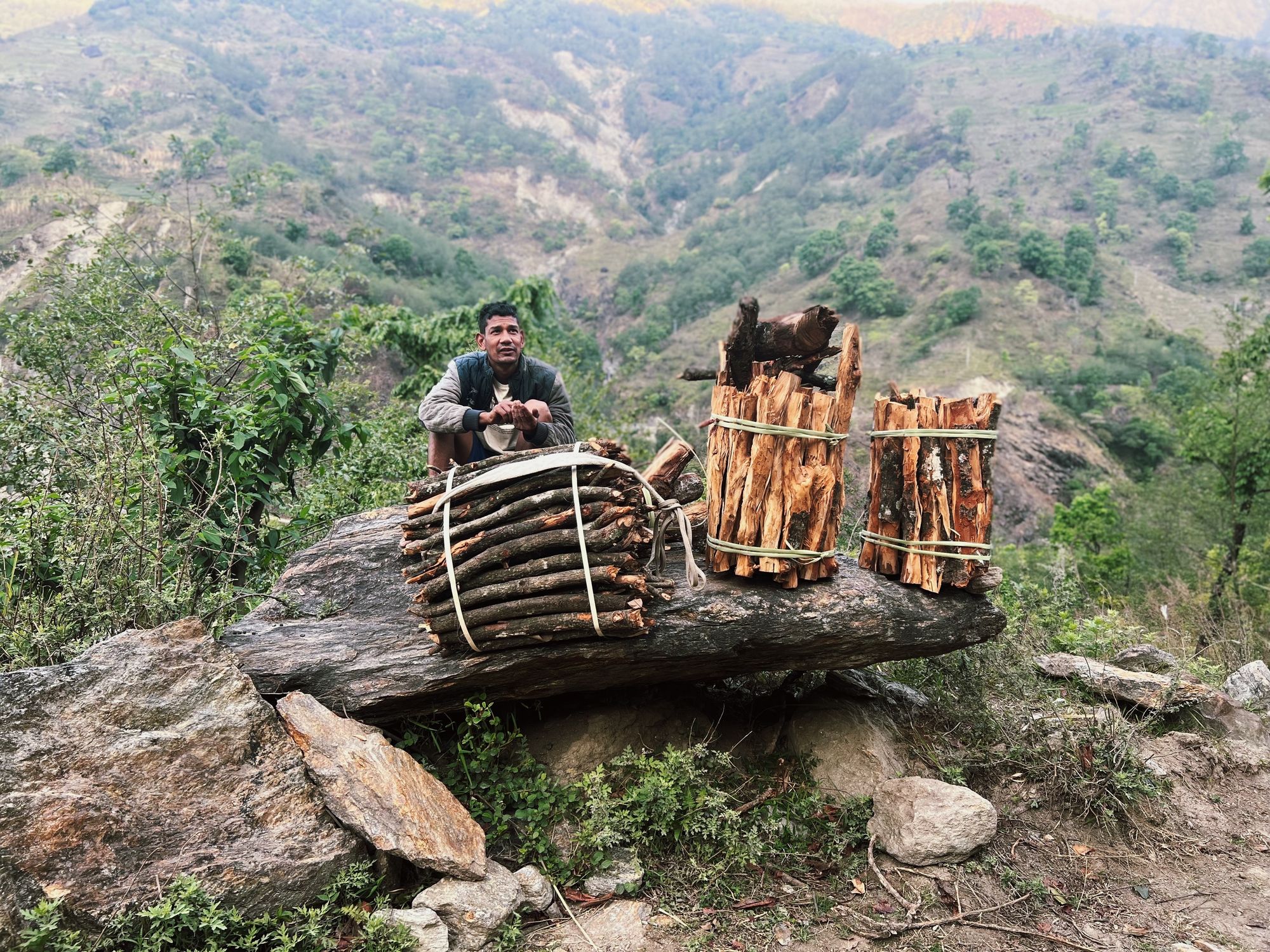
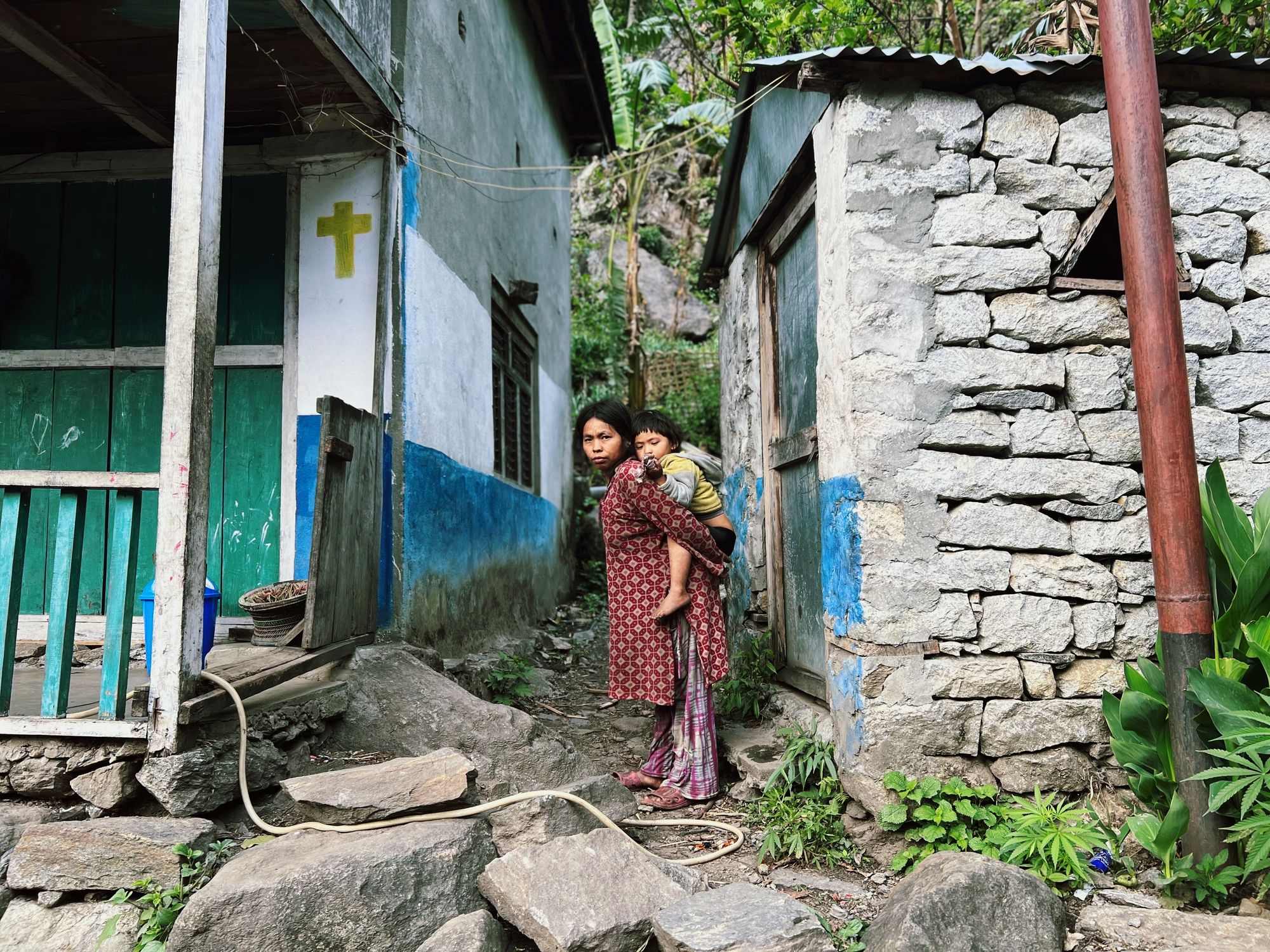
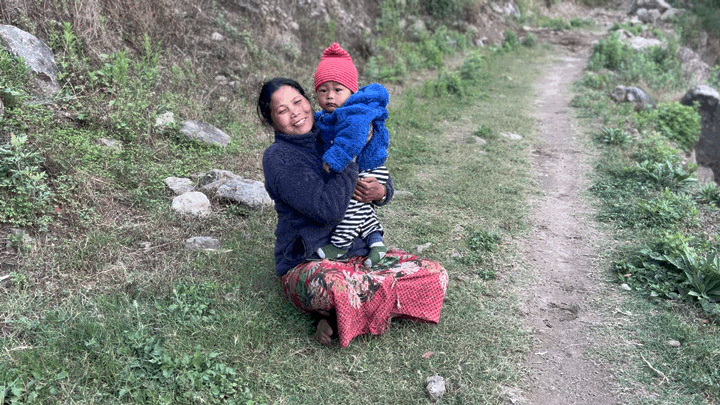
We leave each guesthouse with absolute no expectations every day. Rough idea of where to go. Silence so loud up here our thoughts loose echoing properties. Past and future sweep away along the vibrant Tibetan prayer flags that adorn the way.
What a primitive feeling looking at a map of the mountains and try to figure out where we're gonna go next. THIS feels like real pilgrimage, these trails have been here for hundreds of years, and walking them this way feels like doing justice to the Tibetan and Nepalese generations that made these mountains holy.
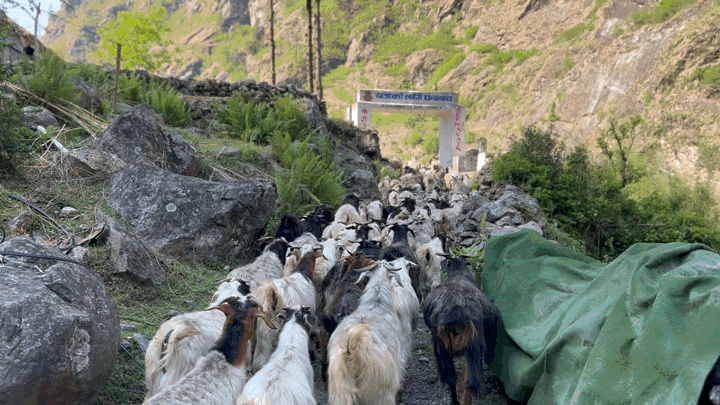
These people are so pure – real mountain souls. Every day we see men carrying wood, women with their babies, families with their kettle and goats, farmers working in the fields. We are completely immersed in the ways these people live. But mostly, THEY are completely immersed in the way they live.
We stay in their houses and eat in their family dining space. We see the kids playing, mothers brushing their daughters' hairs, families coming together to cook and light up their fire place. This is one of the most cherished pieces of this experience. They're breathing for the rest of us. It is this little interactions while walking, sharing dinner with them, watching them cut wood and light a fire what has made this adventure absolutely surreal.
Westerners work all year to save money to take a vacation, and experience for a week how these people live all their lives. Ha ha. The concept of "taking time off " Off what? Off your own life!? This people found a life were time is so irrelevant that they savor every precious moment in community, why would they even imagine taking time off their lives?
Not saying by any means that some of them don't have complicated lives, but they certainly don't make it more complicated by overthinking.
Embodying the Tao
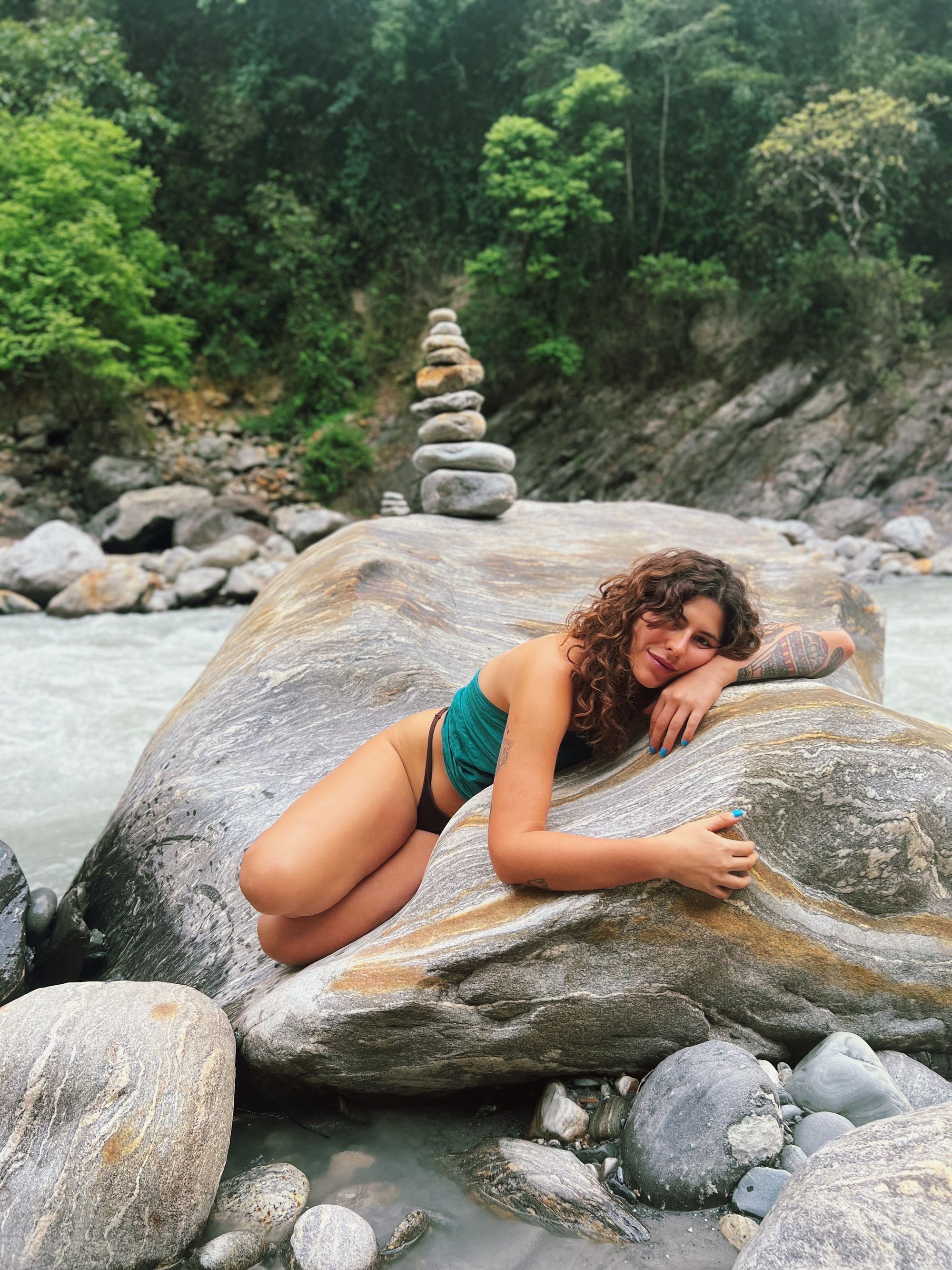
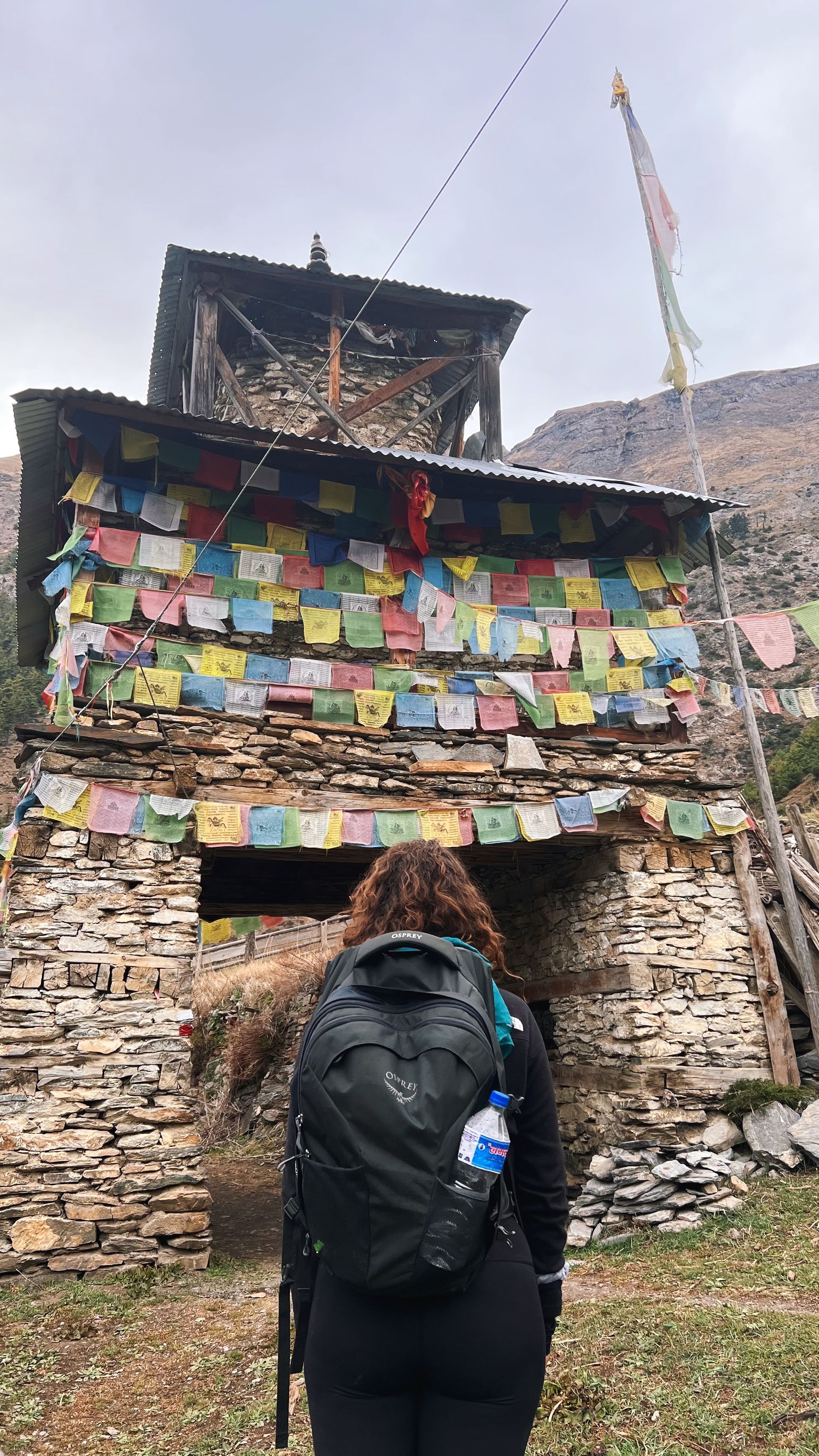
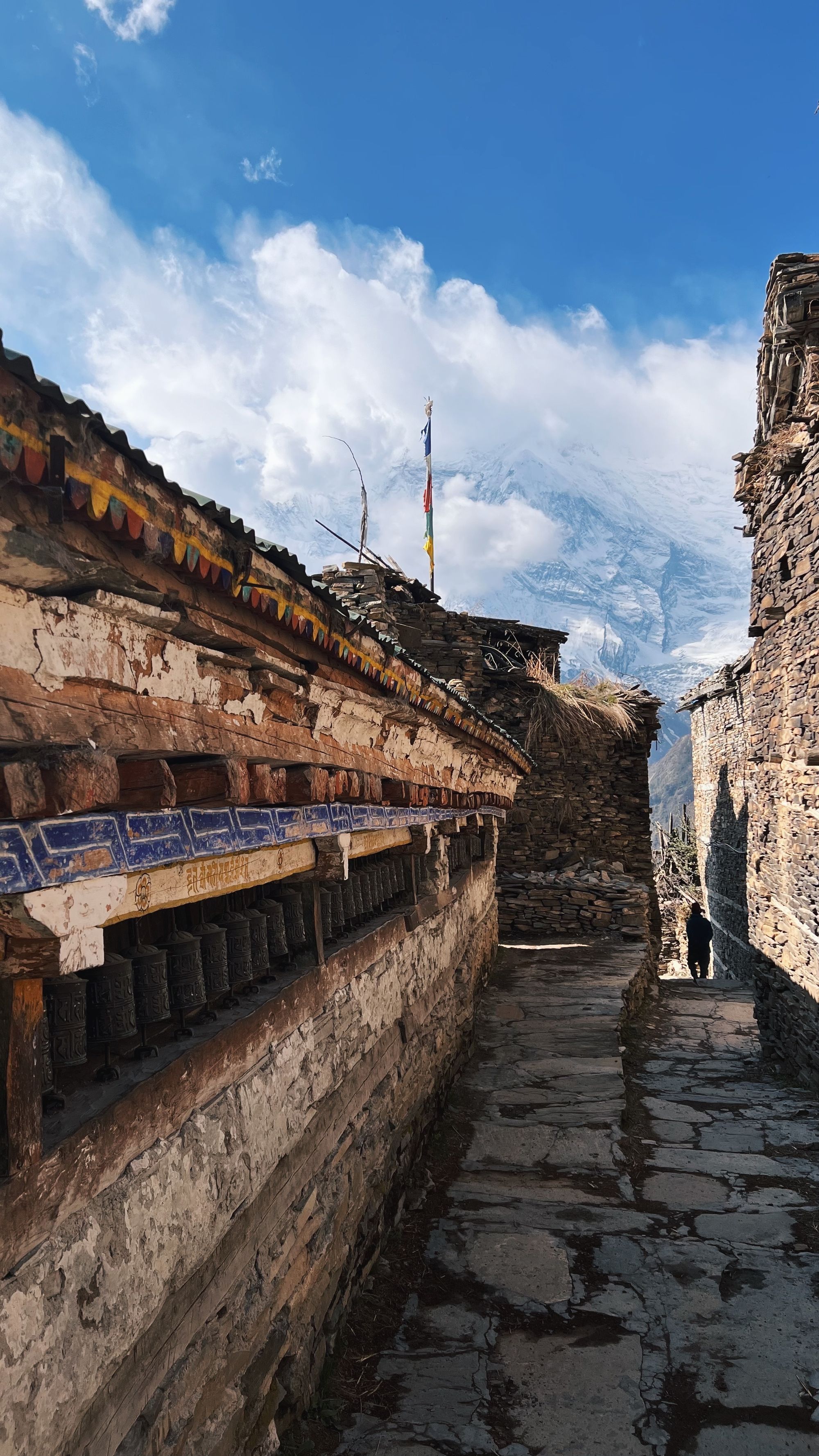
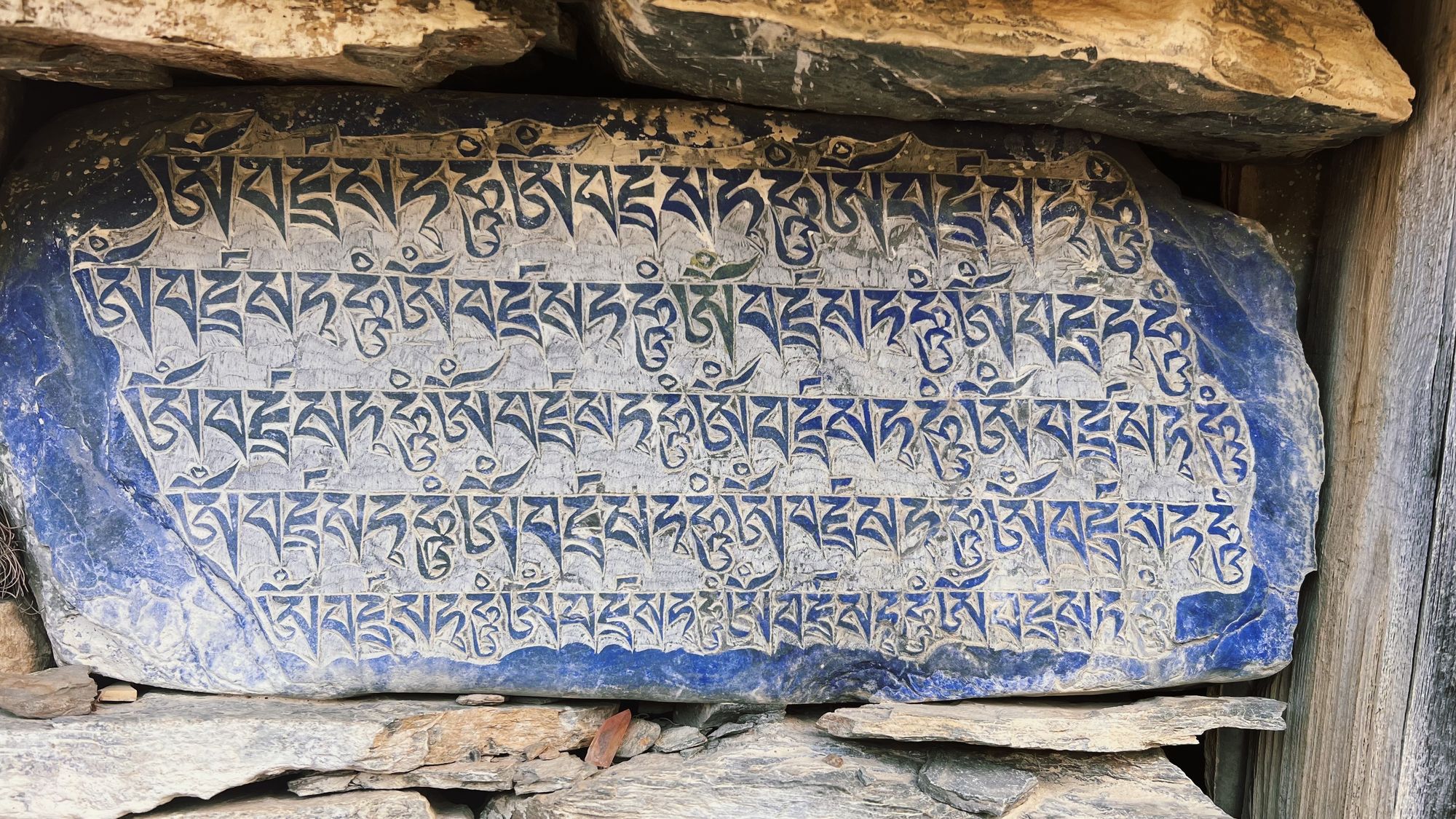
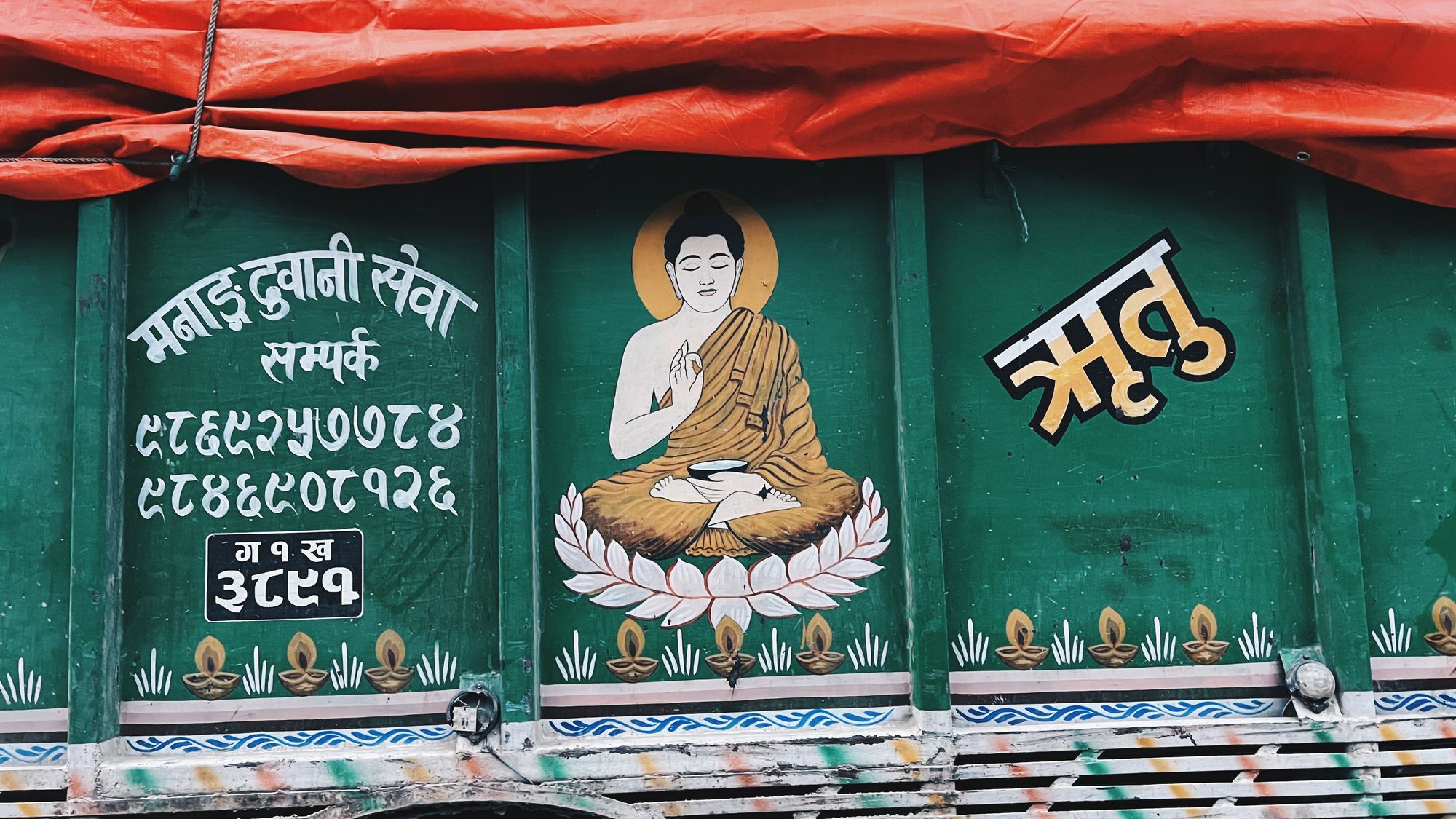
We've been reading the Tao Te Ching at nights. So beautiful how books find you in the right timing almost always. I wrote a short article about Taoism on my other Newsletter, attaching it down here.
In short, Tao means "the way", and it teaches how to exist in harmony with the universe. The central figure of the Tao is the "Master" - he/she who has mastered nature; not by conquering it, but becoming it.
All the beautiful people we've met on the way embody the Tao in ways I've never seen humans co-exist with nature. One of the biggest themes in the Tao is Wu Wei, translated as action-non-action. And this is one of the freakiest things our western brains can read, but Wu wei is not about doing nothing; instead, it is about aligning our movement with the greater flow of life. Using the energy of the moment, are we able to flow freely without forcing actions?
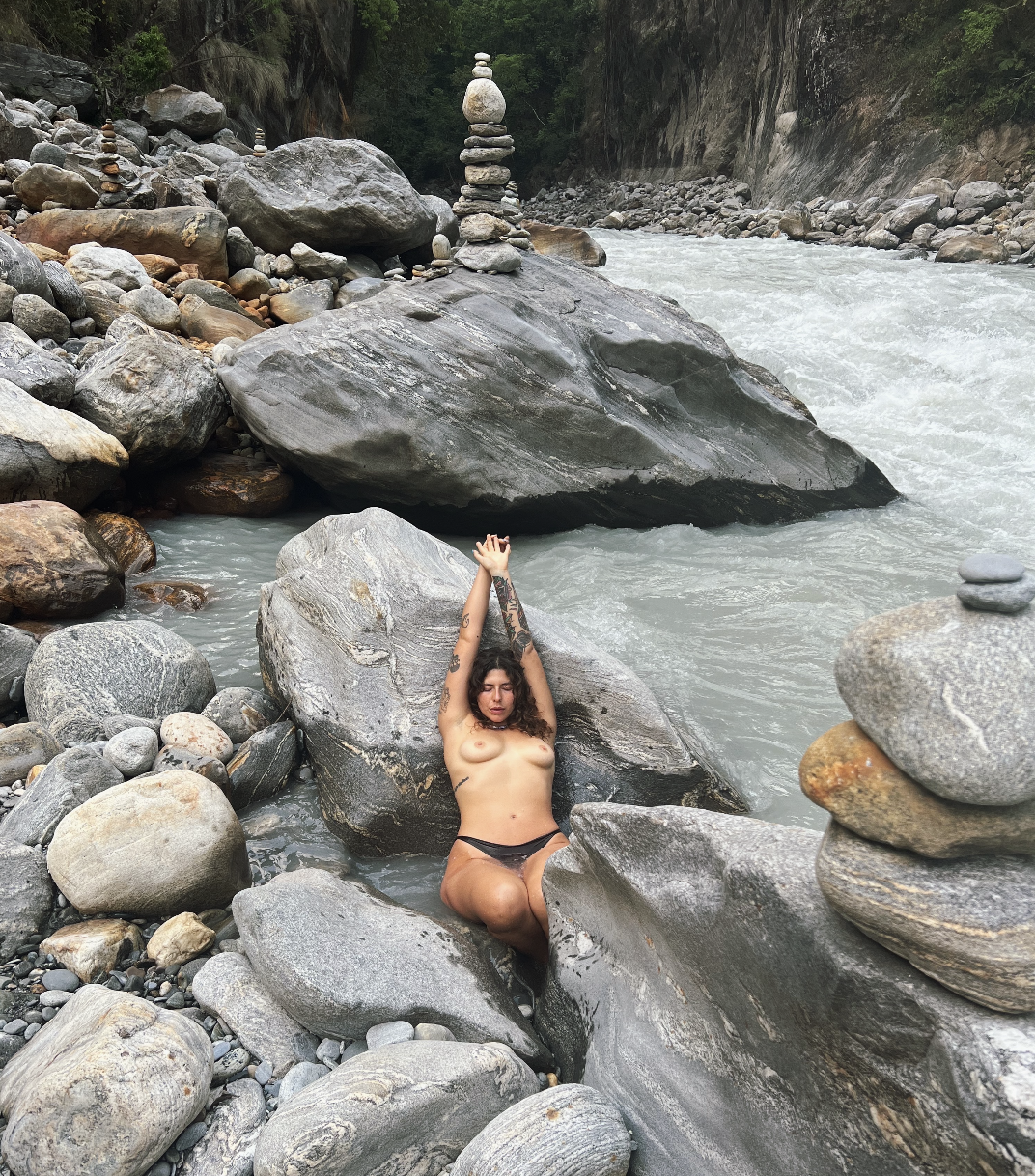
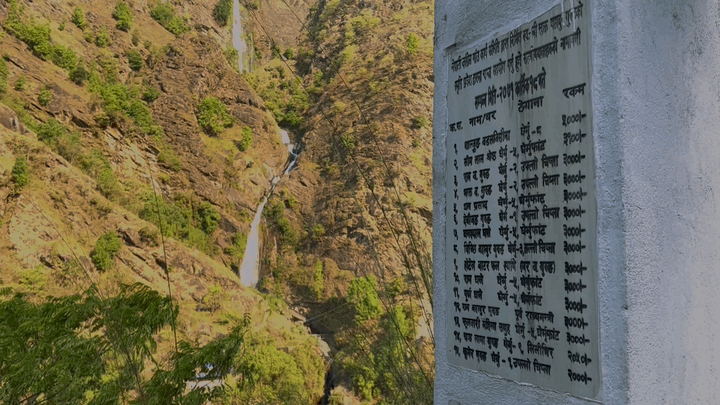
I often think about the poems while we're walking. One that I repeat as a mantra:
"Do you have the patience to wait until your mud settles and the water is still? Can you remain unmoving until the right action emerges by itself?
These people, instead of retreating from the world, they experience the flow of life by living in it. So much to learn from them; patience, compassion and simplicity are the three main themes throughout the Tao, and they embody all three.
Living life like playing with monkey bars
Why are we so scared of jumping into the unknown? Is it maybe, because this also means that not following a plan means jumping into our true Self and letting it lead our way? We could have read any blog with exact information on where to stay, what to bring, "how to be prepared". "Day one, today we went from x to y, it was harder than we thought. We ate our trail mix at 10am". Lol. We crack up at these groups of people wearing head-to-toe North Face gear, go-pros and hiking sticks in hand. Taking life so seriously. Are you following nature, or are you following the exact trip that Jenny from Trip Advisor wrote out?
We rocked up to the trek without any idea of anything. This has lead us to an amazing journey. Shallow waters is safe, but true transformation can only happen in the depths.
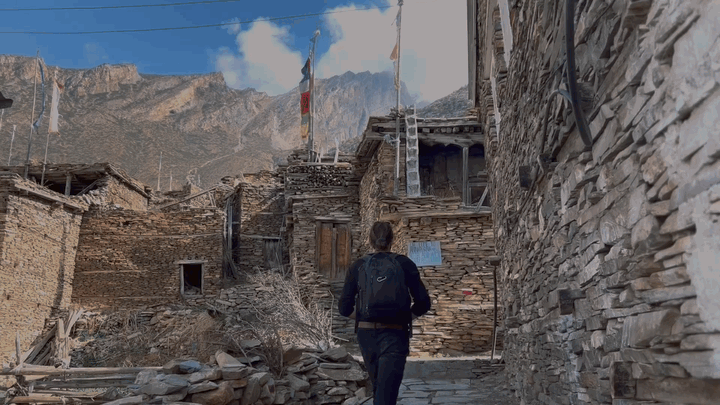
Final thoughts:
So many. Writing in small sentences is an underrated skill.
We're so obsessed with always having the next peak at sight. To keep with the hiking thematic, but I'm talking about real life. Where to go next, what's the next move. Planning or whole lives to the minute! I hate this phrase (I'll try to translate from Spanish) that goes like "always have the next vine on your hand before letting go of the last one". Hopefully this makes sense in english, but this phrase feeds the narrative of don't quit your job until you have another one lined up type shit. I mean, what the fuck? How are you going to jump into the unknown if you're always clinging on to something.
True change happens mid-air.
True change happens when you let it happen. Wu Wei. And this takes me to one of the biggest conclusions of these trip. Or at least the one that I can eloquently land on this blog. The idle space. That space where you wait for the mud to settle. The non-doing as described by the Tao Te Ching: Wu Wei, the powerful path of non-doing. This is at heart what it means to follow the Tao - or The Way.
You can download the Tao Te Ching down below, I hope it finds you as it found me and changes your life like it changed mine. It's less than an hour to read all the poems.
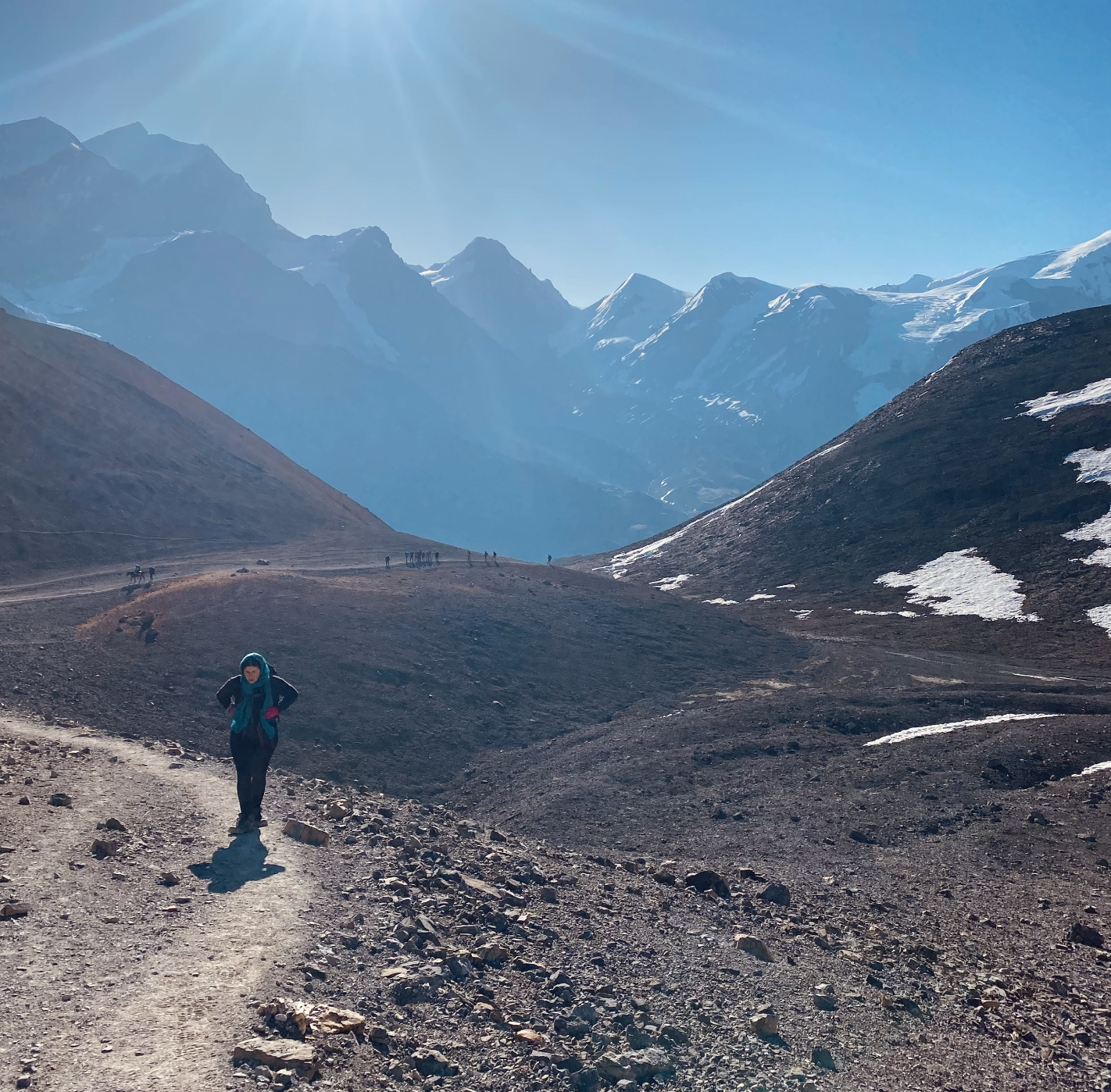
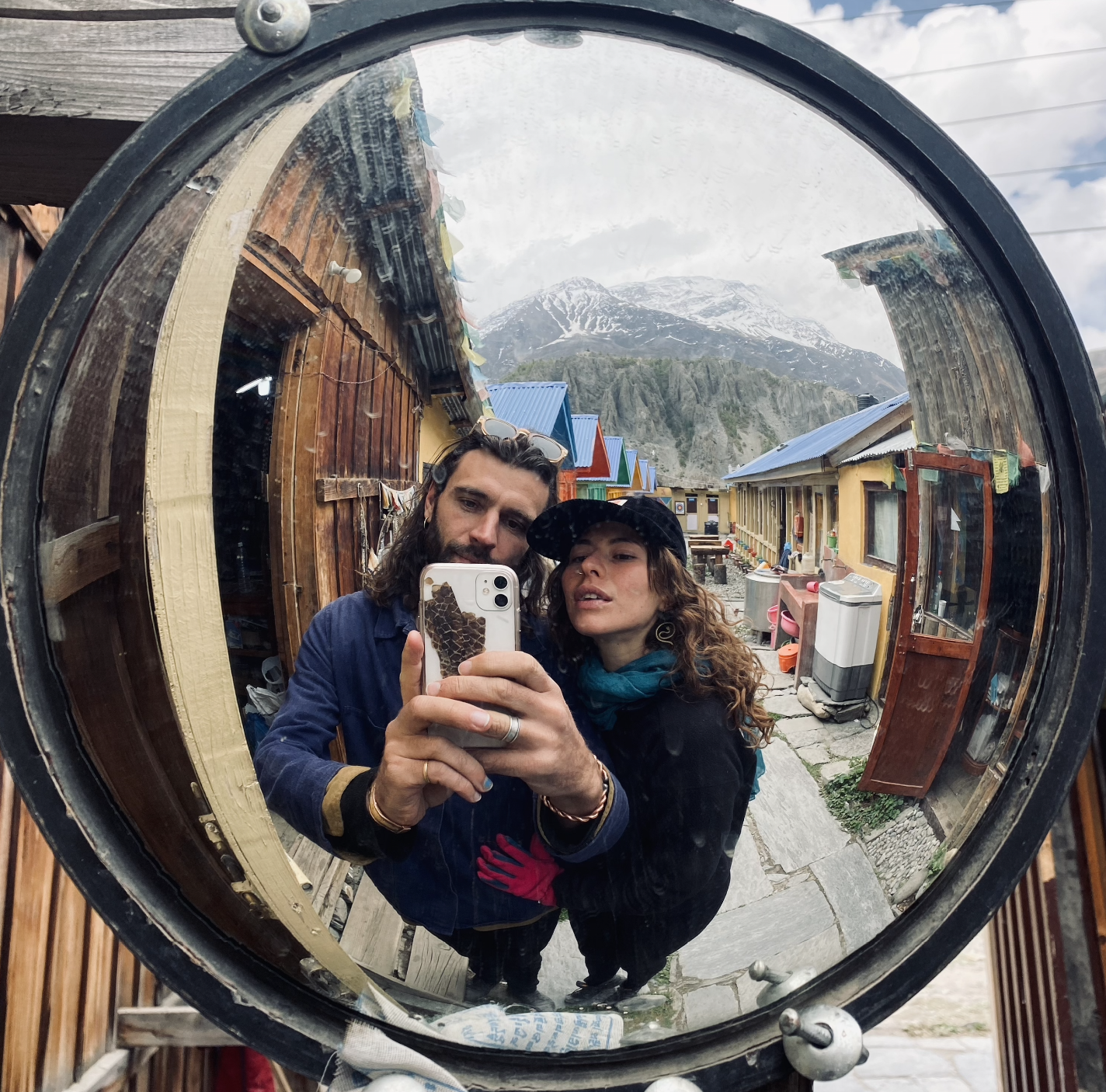
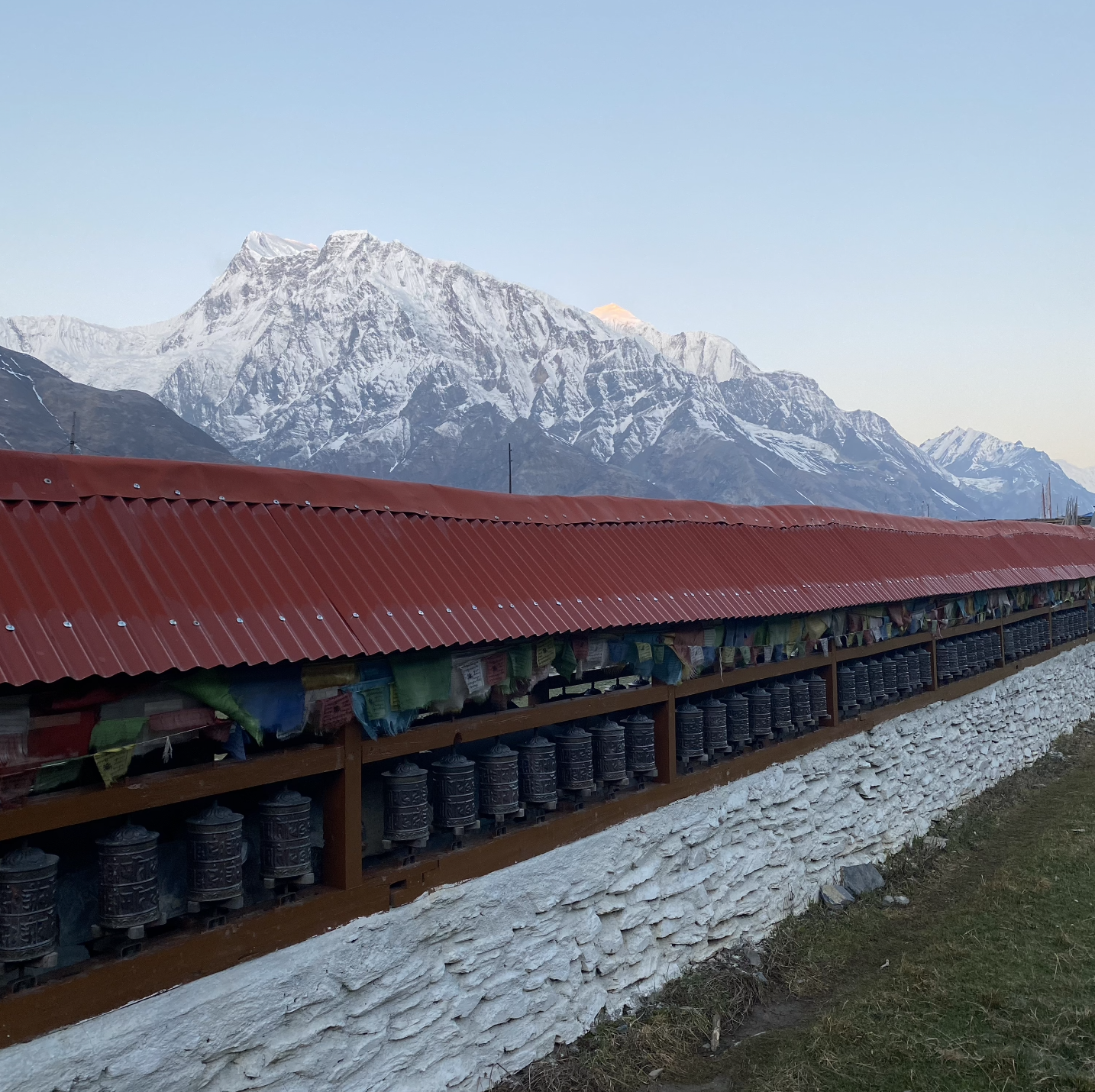

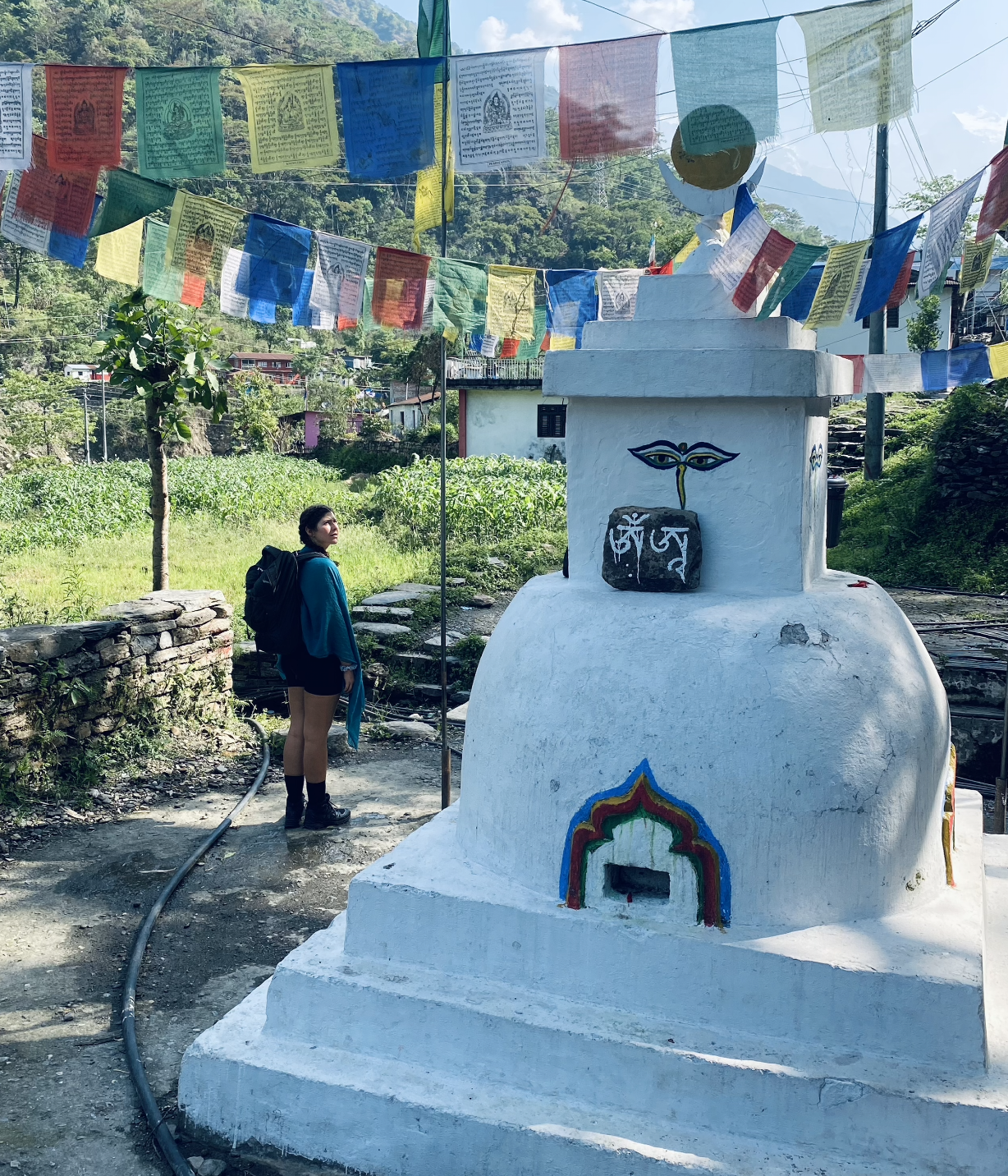
Thank you for reading this! This is the first week out of three weeks of the trek. This experience has been so challenging AND nourishing, I am so hyped to keep writing this travelogue and I'll be putting out part two of three soooooon.
Stay curious
M(:


